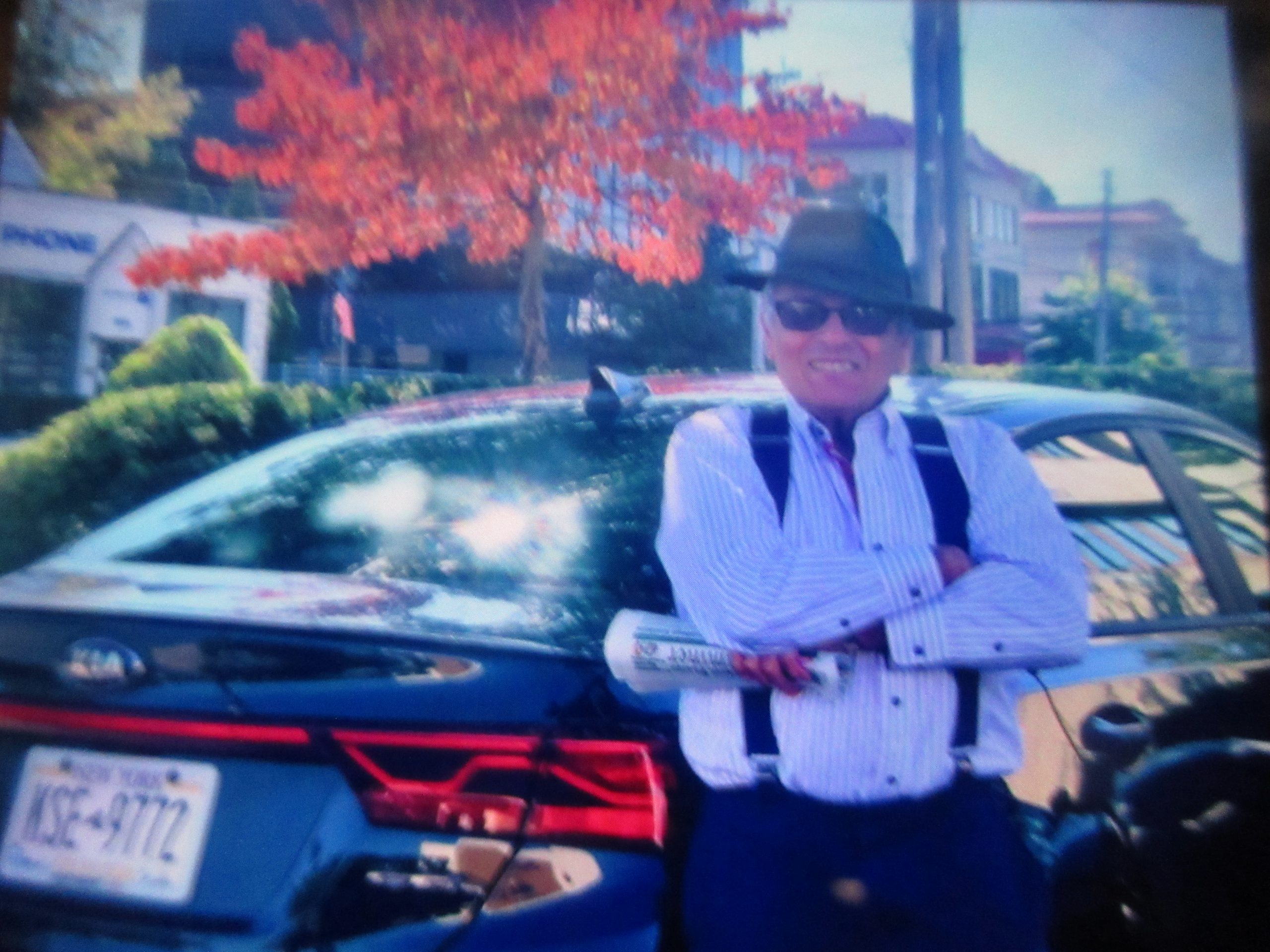Hits: 60
WPCNR IT HAPPENED IN OLD WHITE PLAINS. An excerpt from the White Plains Historical Society publication, IT HAPPENED IN OLD WHITE PLAINS by Renoda Hoffman. Published with permission of the Society:
Editor’s Note: Former Councilman and Mayor Michael J. Keating who died Sunday, figured prominently in a tumultuous period in White Plains history. As White Plains historian, Renoda Hoffman recounts in the White Plains Historical Society book, It Happened in Old White Plains: Here is her account of Mr. Keating’s role in the events of the mid-1970s that changed White Plains politics in her book:
Carl J. Delfino became the city’s eleventh mayor when he took office on New Year’s Day in 1974. Hospitalized for a Toer infection five days later, he suffered a stroke on January 18th and did not return to his home until March where he remained incommunicado.
Council President Harry Gordon, who had been acting Mayor, resigned on May 3rd, reducing the Common Council to four members, two Republicans and two Democrats. This was followed by so much debating and in-fighting that no agreement on either an acting or interim mayor could be reached.
On May 22, 1974, a State Supreme Court justice ruled that Democrat Michael J. Keating should, as senior councilman, perform as acting Mayor. This settled only one problem.
A Special Election held in July put two more Democrats on the Counil. Mary Ann Keenan and Wirth Koenig joined fellow Democrats Keating and Alfred Del Vecchio in opposition to Republicans Michael M. Coffey and William Rose, Jr.
On July 18th, Mayor (Carl) Delfino’s resignation was submitted, but nine days before the resignation was to become effective, Delfino died, aged 53. His loss was a shock to the entire community.
On August 14th ,1974, the Democratic Party nominated Keating as their candidate to run for mayor in November. But agreement on who should assume the duties of interim mayor for the next five months could not be reached. Names were presented to the council and rejected by tie vote.
To break the deadlock, the name of Richard Maass was presented to the council. Maass was a well-known Democrat respected by bnoth parties and well qualified, although he had never held elective office.
Unexpectedly, Councilman Rose switched his vote to break the tie and the city had its twelfth mayor. On August 20th, 1974. Maass, a 56-year-old investment and real estate broker, became the first Democrat to serve as mayor since Ffarrington Thompson’s term ended in 1921.
Four months of bitter political fighting was over.
In the November special election, 36-year-old Michael Keating, an attorney, Philadelphia-born and resident of White Plains for 13 years, was elected mayor. On January 1st, 1975, he was sworn in to complete Delfino’s unexpired term.
In the fall of 1975, (the Mayor’s term then being just two years an election was held for the next two year Mayor), Councilman Alfred Del Vecchio, 52-year-old professional engineer, professor of mechanical engineering at Manhattan College, and Democrat-turned-Republican defeated Keating by a slim margin.
Two years later in 1977, Del Veccho became the city’s first four-year mayor upon passage of a local law amending the city charter. He was re-elected to four-year terms in 1981 and 1985.
Editor’s note: In 1993, with Mayor Del Vecchio seeking a sixth term , Mr. Keating and Michael Coffey would challenge Mr. Del Vecchio in a Republican Primary in October. Mr. Coffey won and secured the Republican nomination. against Democrat Sy Schulman. Mr. Del Vecchio was nominated to run on the Conservative line. In the three man race, Mr. Del Vecchio and Mr. Coffey split the Republican vote and Mr. Schulman won ending Mr. Del Vecchio’s 18 years as Mayor of White Plains. Ms. Hoffman’s book and other exclusive publications and historical items may be purchased at the White Plains Historical Society Gift shop, at http://www.whiteplainshistory.org/giftshop.html
